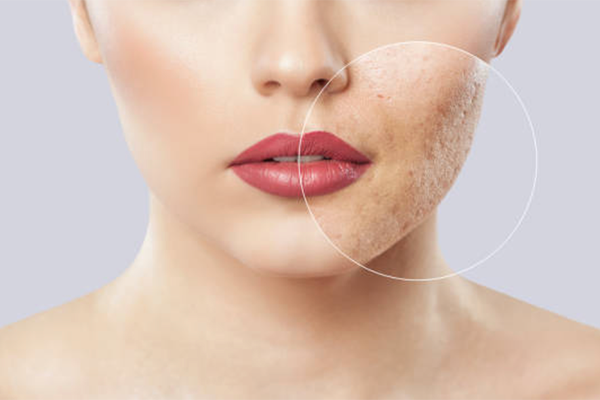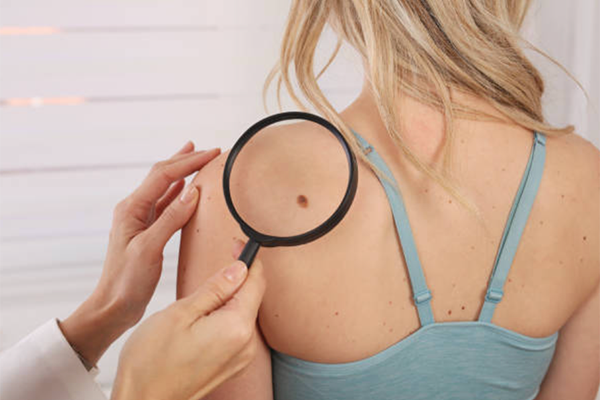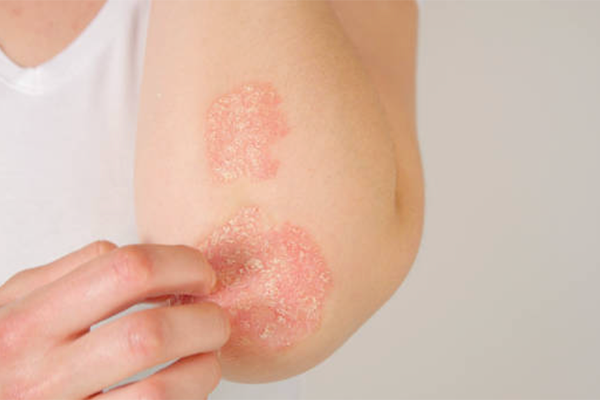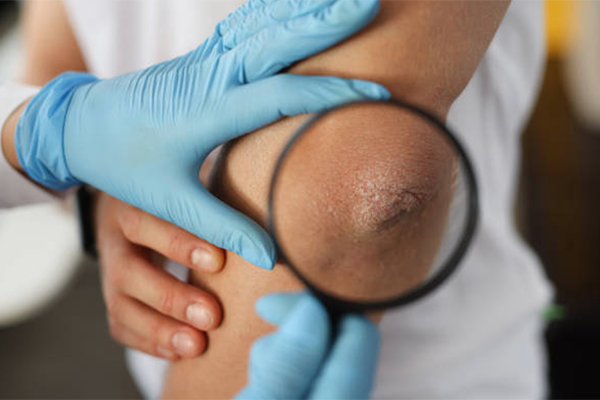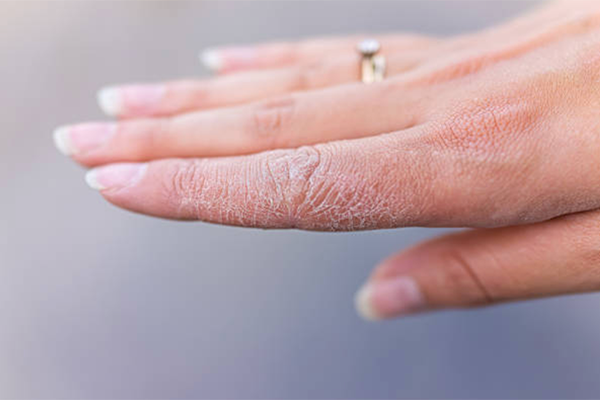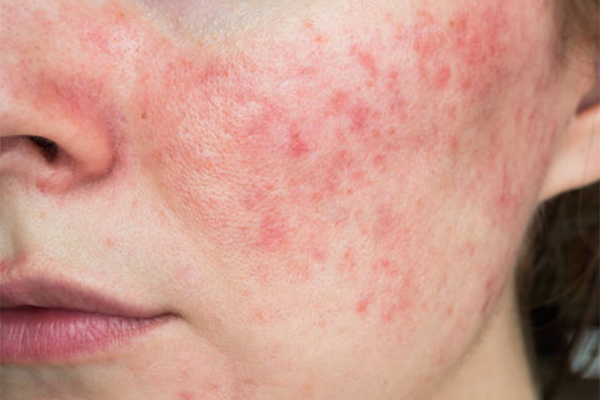
Medical Services
Click to learn more about these common conditions
Schweiger Dermatology Group offers comprehensive medical dermatology services and treatments. Find out more information and treatment options on the most common skin conditions.
-
Acne & Acne Scar Treatments
Acne is caused by a variety of factors, including excess oil production, bacteria, inflammation, genetics and hormones. We offer highly effective in-office and prescription treatments to help clear acne and improve acne scars.
-
Skin Cancer Screenings & Treatments
1 in 5 Americans will be diagnosed with skin cancer in their lifetime. Early detection is critical for effective diagnosis and treatment of skin cancer. Our providers are trained in excision techniques including Mohs surgery that remove the growth that maintains function without compromising aesthetics.
-
Eczema
Over 30 million Americans suffer from eczema, which is also referred to as atopic dermatitis. Eczema can cause severe discomfort due to itchiness and irritated skin. Prescription treatments can offer relief to eczema sufferers.
-
Psoriasis
Psoriasis is a chronic skin condition that causes cells on the skin to grow abnormally fast. This buildup of patches is referred to as plaques or plaque psoriasis. Psoriasis requires the correct care by a dermatology provider to successfully manage.
-
Dry Skin
Dry skin can be an ongoing issue. Whether your skin is itchy, flaky, cracked or even red and swollen in spots, it's important to determine the cause and find treatment that actually works. From prescription creams to lifestyle management advice, we help numerous patients improve their dry skin issues.
-
Rosacea
Characterized by skin that seems excessively red and bumpy, Rosacea affects more than 16 million Americans. There is help for rosacea and our dermatology providers are available to consult with you regarding the best course of treatment for your rosacea.
Search 100+ offices throughout New York, New Jersey, Pennsylvania, Connecticut, Florida, Illinois, Minnesota and Missouri
Providers

About Schweiger Dermatology Group
Schweiger Dermatology Group was founded to help make excellent dermatology care accessible throughout the Northeast. In 2010, Dr. Eric Schweiger started the practice with a single location in Midtown Manhattan. When he saw the need for high-quality dermatology care that did not require weeks or months of waiting to see a qualified provider, his vision of a multi-location practice was born.
